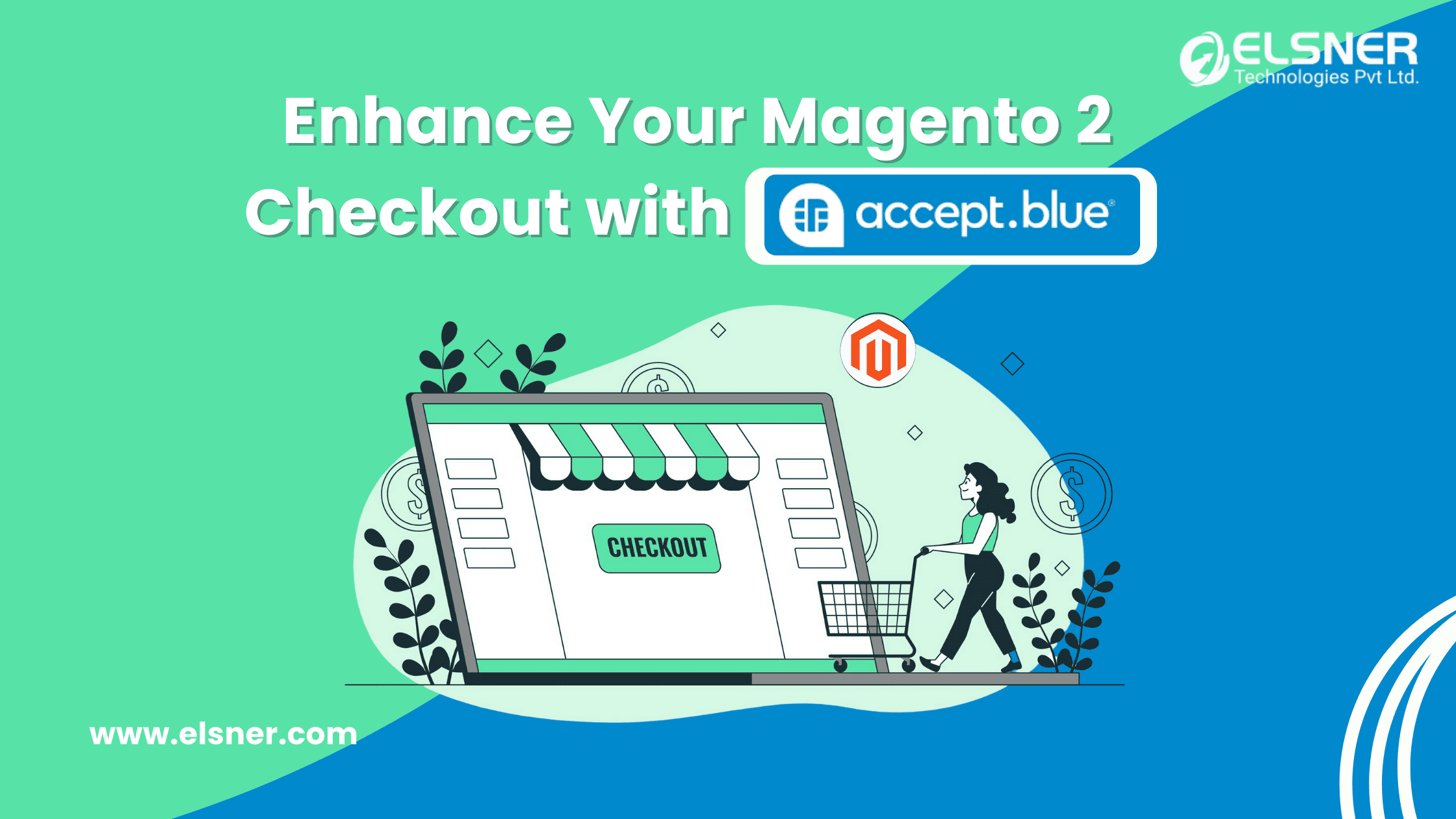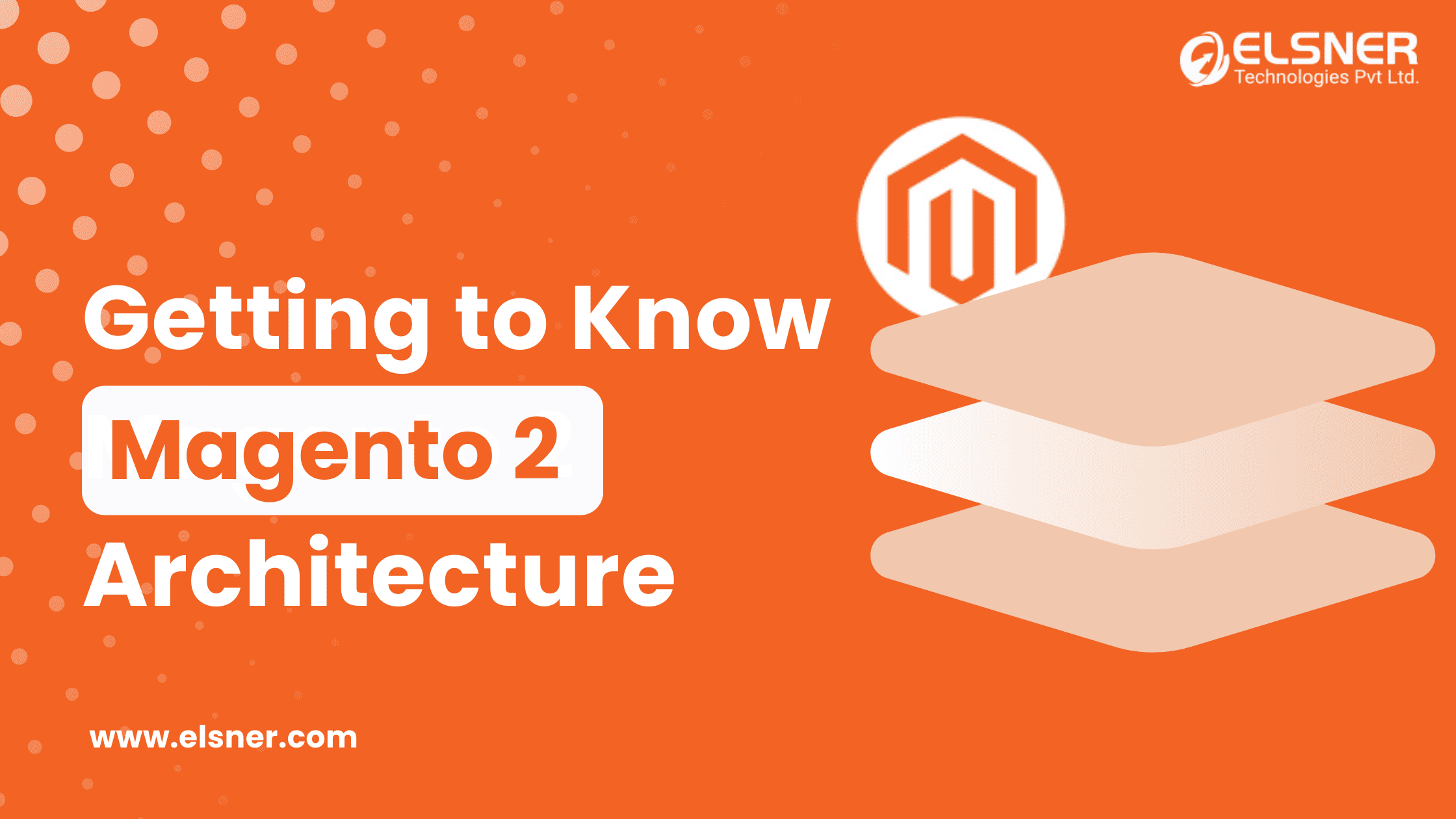- Magento OS Introduction:
- Who developed Mage-OS?
- Why was Mage-OS Created?
- How is Mage-OS helpful?
- How is Mage-OS better than Magento Open Source?
- Mage-OS is Funded in what way?
- What are the Advantages of Donating Money to Mage-OS?
- What is Mage-OS’s current status?
- Mage-OS is based on which Magento versions?
- Why should a Merchant Think about Utilising Mage-OS?
- How do I install Mage-OS?
When an open-source program is bought by a private corporation, it is usually viewed with a grain of salt. It is not liked by either the development or user groups.
Magento OS Introduction:
Mage-OS is a Magento Open Source-based eCommerce platform. It is similar to Magento Open Source in that it can be used to develop online stores.
Mage-OS is a lightweight, upstream compatible collection of Magento Open Source software. Some packages will have updates, while others will be completely new. For the Magento platform and ecosystem to be successful, long-lasting, and easily accessible, there is an open initiative called Magento OS.
It incorporates the additions and modifications made by the developer community. The goal is to maintain maximum compatibility between Mage-OS and all currently available Magento 2 extensions and integrations. There will be updates for a few things and full new packages for others. Mage-OS is a Polish company with a global reach.
Magento is a very reliable and feature-rich eCommerce platform with numerous connectors with third-party services and a thriving developer community. Mage-OS is and will stay intercompatible with Magento solutions and integrations, while also providing further features.
We are currently putting together a full comparison of Magento to other systems.
Who developed Mage-OS?
The Magento OS Association is a non-profit organisation that was founded by the Magento community developers. The synergy community’s interests, including those of retailers, developers, agencies, and other community supporters, are represented by this group.
Why was Mage-OS Created?
- Mage Os wants businesses and careers built around Magento Open Source to prosper.
- Adobe Commerce now provides modular microservices. These cloud-hosted services are only suitable for large retailers.
- Magento characteristics are important to those who believe the monolith is a feasible strategy.
- Adobe’s leadership changed, and important critical personnel left. There was no substitute for this data, and there was no financial justification for additional Open Source expenditure.
- Adobe is focused on large enterprise projects, and because of that doesn’t give many resources to supporting Magento Open Source. Moreover, Adobe is actively harming Magento Open Source businesses with false or misleading claims like “Magento is now Adobe Commerce”.
- Mage-OS is focused on developing the platform’s components, it is a foundation upon which various purpose-made eCommerce systems may be created. For example, we imagine a simple system optimised for low resource usage, a system optimised for headless storefronts, a contemporary server side rendered shop, an e-procurement system, and so on.
How is Mage-OS helpful?
The Mage-OS can solve many problems:
- Simple migration to and from Magento Open Source.
- When the overall platform is inevitably deprecated, those businesses that wish to remain on it will be able to do so by utilising the Mage-OS.
- It will be an effort to join, ideally with the Magento Association and (via them) with Adobe.
- All currently available Magento 2 extensions are supported.
- Developers will have greater access.
- By default, a lightweight package option is used.
- Over time, such bug fixes and changes will give Mage-OS a significant advantage over Magento.
- It’s easy to switch Magento, Adobe Commerce, etc to Mage Os.
How is Mage-OS better than Magento Open Source?
Mage-OS is similar but distinct in the near term. Mage-OS is available to you whenever and whenever you want it.
Our main priority is to increase performance and usability significantly. We will be implementing modifications made by the community as Pull Requests to Magento Open Source but not included by Adobe owing to a lack of resources for Magento Open Source.
Mage-OS is Funded in what way?
The Mage-OS Association is a non-profit organisation that owns and runs Mage-OS.
The majority of funding comes from membership fees paid by corporations and individuals.
Individual membership prices will be cheap for everyone who works with Magento on a regular basis, regardless of location.
Companies can become partners at several tiers (bronze, silver, and gold) for increasing sums to contribute to the platform’s continued growth.
What are the Advantages of Donating Money to Mage-OS?
Contributing money to Mage-OS directly funds the development and sustainability of this platform and ecosystem.
The Mage-OS Association is a non-profit organisation that will invest the great majority of its revenues directly into Mage-OS staffing, operations, and development. Financing Mage-OS is about transforming an amazing platform into something we can rely on over the next decade or more.
By donating to Mage-OS, you will receive a membership badge indicating your membership level, as well as a listing in our membership directory, which is accessible to all visitors to the Mage-OS website. Show your support, and people who are interested in Mage-OS will be able to discover you.
What is Mage-OS’s current status?
- The Mage-OS Distribution is now available and usable.
- Magento Mirror composer repositories that are open to the public and created independently.
- Composer provides nightly development builds.
- Public Magento Developer Documentation (Devdocs) and Mage-OS
- To construct a Magento mirror or fresh release from GitHub sources, use open source tools.
- GitHub is an open source project. Testing and validation actions that may be used by any Mage-OS/Magento site or module repository
- A resource portal for the Mage-OS and Magento ecosystems.
- Local communities should get involved and help to build the environment.
Mage-OS is based on which Magento versions?
Mage-OS is only dedicated to Magento 2, specifically the supported version line (2.4). We recommend looking into OpenMage LTS for Magento 1.
The Mage-OS Mirror repository currently contains all versions of Magento 2 since 2.3.7-p3.
The Mage-OS Distribution will be built on the most recent Magento Open Source release.
Why should a Merchant Think about Utilising Mage-OS?
Mage-OS benefits from being a fork of Magento Open Source. It provides:
- An established and stable platform with a large number of third-party connectors already in place.
- Possession of the platform through membership in the Mage-OS Association.
- Unrivalled adaptability and customisation.
- A big worldwide developer, agency, and support community.
How do I install Mage-OS?
Magento is traditionally installed using the composer command
composer create-project –repository-url=https://repo.magento.com magento/project-community-edition
To install Magento from a public mirror, change repo.magento.com to mirror.mage-os.org:
composer create-project –repository-url=https://mirror.mage-os.org magento/project-community-edition
To install Mage-OS, change the repository URL and project code:
composer create-project –repository-url=https://repo.mage-os.org mage-os/project-community-edition

About Author
Dipak Patil - Delivery Head & Partner Manager
Dipak is known for his ability to seamlessly manage and deliver top-notch projects. With a strong emphasis on quality and customer satisfaction, he has built a reputation for fostering strong client relationships. His leadership and dedication have been instrumental in guiding teams towards success, ensuring timely and effective delivery of services.




